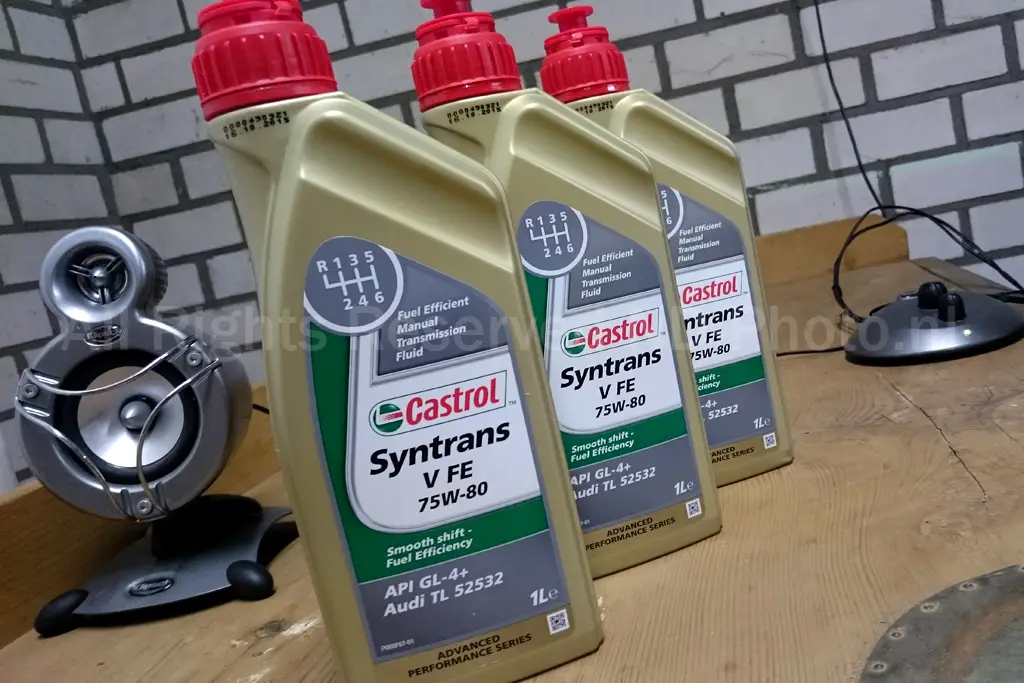Whether you’re a car enthusiast or a beginner, having a good understanding of motor oil is crucial when it comes to maintaining your vehicle’s performance and longevity. One question that often arises is whether motor oil expires. In this comprehensive guide, we will explore the shelf life of motor oil, how to identify good and bad oil, the role of additives, and proper oil disposal methods. Let’s dive into the world of motor oil!
Does Motor Oil Expire?
So, does motor oil expire? While motor oil doesn’t have a fixed expiration date, it can degrade over time. Manufacturers recommend disposing of oil after a few years, but they don’t explicitly state that it expires. Factors such as temperature extremes, oxidation, and contamination can impact the oil’s quality and effectiveness.
Shelf Life for Motor Oil:
Unused, unopened motor oil stored in its original container can last for an extended period. Although oil companies suggest not using oil after a few years, the exact timeframe varies between 2 to 5 years. Proper storage conditions, such as avoiding extreme temperatures and exposure to air, play a significant role in preserving the oil’s quality.
Identifying Good and Bad Oil:
Differentiating between good and bad oil is essential for maintaining your vehicle’s performance. Fresh oil should have a transparent amber hue and flow smoothly. If the oil appears dark, murky, or thick, it could indicate contamination or aging. Evaluating the clarity, color, and appearance of the oil can help determine its quality.
Understanding Engine Oil Additives:
Engine oil additives are chemical compounds blended with the base oil to enhance its performance properties. They include anti-oxidants, corrosion inhibitors, viscosity index improvers, anti-wear agents, and extreme pressure additives. Over time, these additives can break down or get consumed, affecting the oil’s shelf life. Each additive serves a specific function, contributing to optimal engine health and performance.
Proper Disposal of Motor Oil:
Disposing of motor oil correctly is crucial for environmental protection. Motor oil is classified as a highly toxic, hazardous chemical and should never be poured down the drain or thrown in the trash. Instead, take it to a local recycling center or a designated waste disposal facility. Many auto shops and garages also accept used oil for safe disposal.
Conclusion:
Understanding the shelf life of motor oil, identifying good and bad oil, and following proper disposal methods are vital for maintaining your vehicle’s performance and protecting the environment. Adhering to recommended oil change intervals, storing oil properly, and disposing of used oil responsibly ensure optimal engine health and performance. By being mindful of these aspects, both car enthusiasts and beginners can enjoy their vehicles for years to come.

